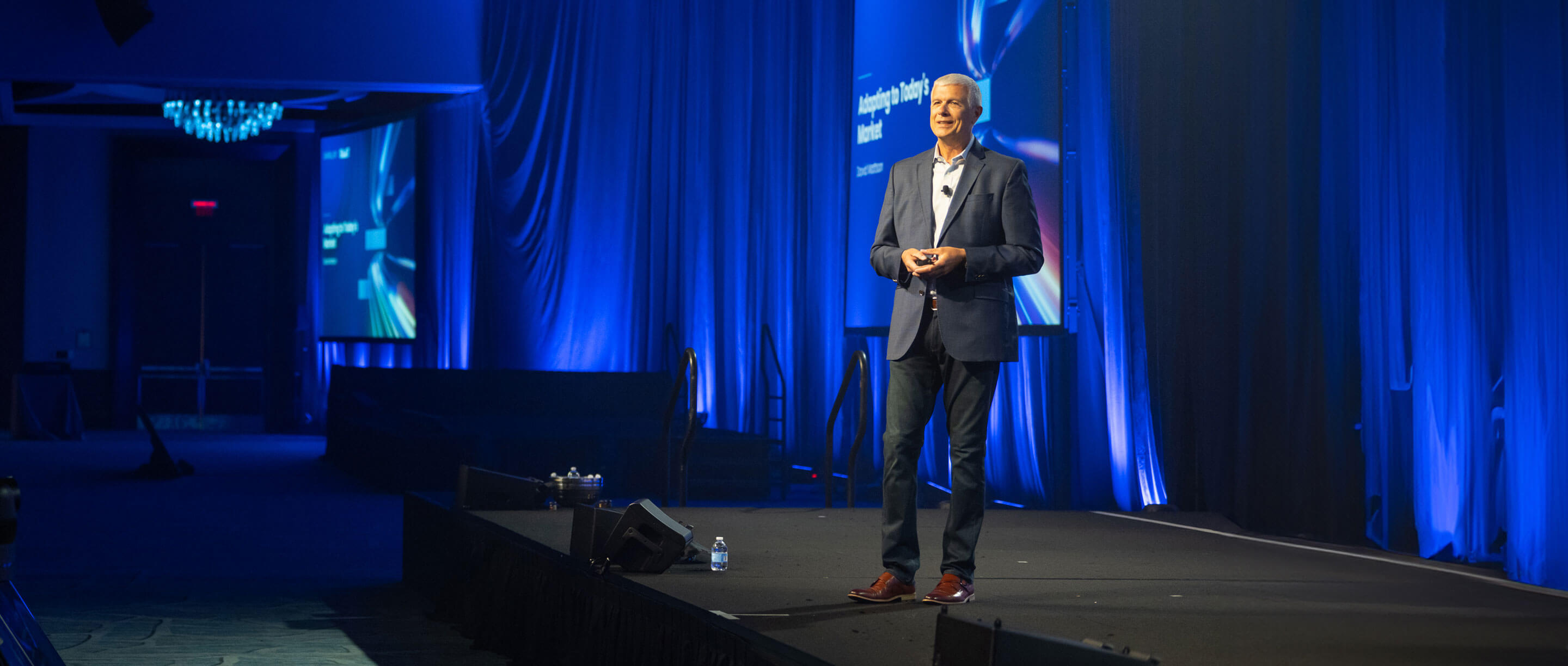


-
Finding and Closing Enough Profitable DealsMany salespeople struggle to meet enough prospects to meet revenue and quota attainment goals.
-
Helping Prospects Navigate the User JourneyProspects are looking for a consultative sales approach that provides value throughout the entire sales process.
-
Eroding Margins with Discounts and ConcessionsProspects expect large discounts because they haven’t connected the value to pain.
-
Finding and Keeping Top TalentFinding, choosing, and onboarding new team members can be challenging while expensive turnover of staff can be crippling.

Sales Training in Bucharest
Personalized Coaching & Tailored Solutions for Sustainable Success
Are you looking to take your sales game to the next level, whether as an individual or a business? Look no further than Add Value Serv SRL, your trusted Sandler Training Center in Bucharest. We can help you evaluate your current processes and provide personalized solutions that improve your skills, mindset, and technique for long-term success.
Our sales coaches in Bucharest use the Sandler Selling System, a proprietary methodology that's been used for over 50 years by millions of people. From leaders to managers to salespeople, this system can help anyone overcome common objections and challenges in the sales process.
Let's connect – we're ready to help you unlock your full sales potential!
Award-Winning Business

Join our local events to discover new strategies and meet other sales professionals.

Sandler Success Stories
Hear how professionals and businesses have unlocked potential and achieved remarkable success.
-
 Complimentary Sandler SessionJoin a class and get a taste of our transformative sales training – no strings attached.Crash a Class
Complimentary Sandler SessionJoin a class and get a taste of our transformative sales training – no strings attached.Crash a Class -
 Dive Deeper Into SandlerImmerse yourself in real-life success stories and transformative sales techniques.Read Articles
Dive Deeper Into SandlerImmerse yourself in real-life success stories and transformative sales techniques.Read Articles -
 Attend an In-Person Sandler EventConnect with professionals and learn impactful sales tactics at our Executive Briefings.View All Events
Attend an In-Person Sandler EventConnect with professionals and learn impactful sales tactics at our Executive Briefings.View All Events








